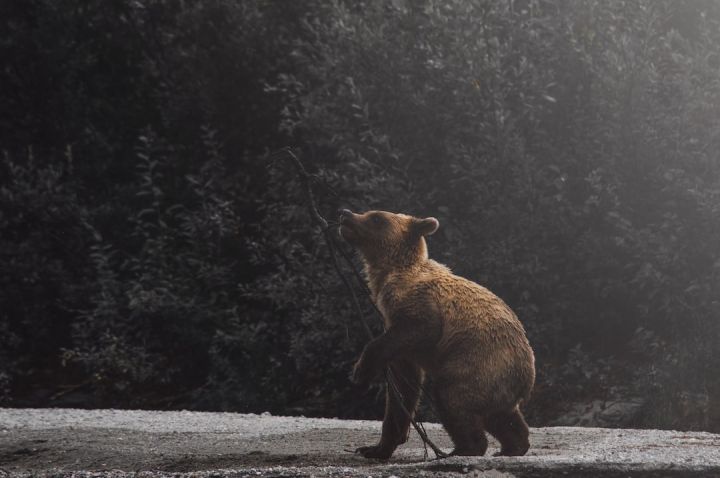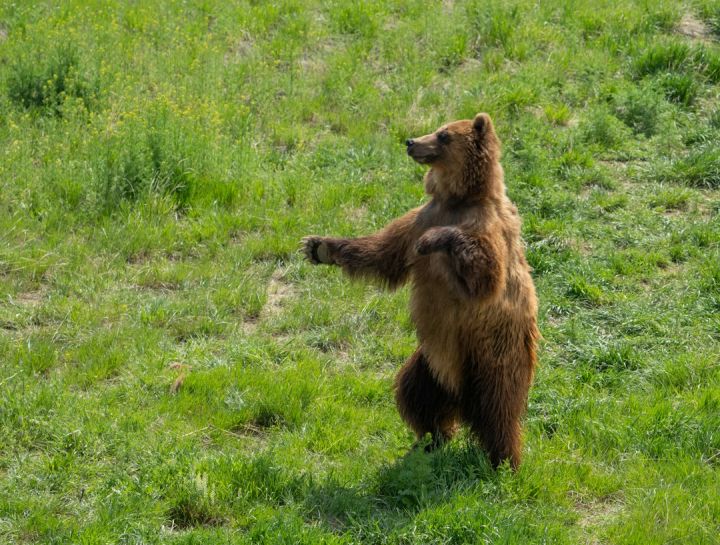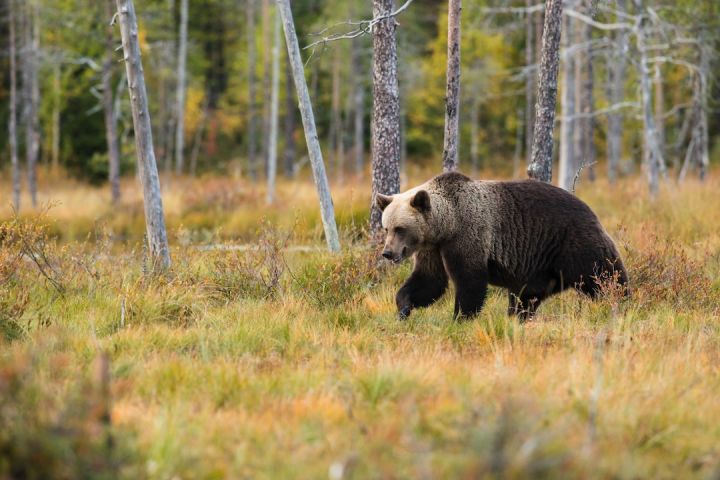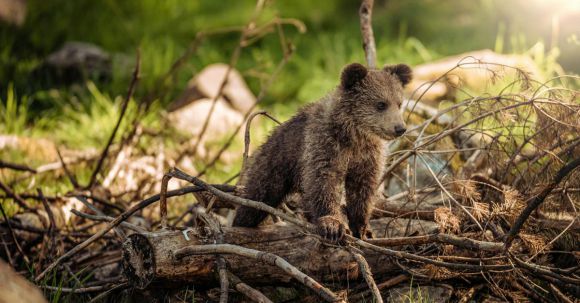Will Playing Dead Deter a Bear?
Bears are majestic creatures, often portrayed as both powerful and dangerous. When encountering a bear in the wild, it is crucial to know how to react. One commonly suggested method is to play dead, but does this actually deter a bear? In this article, we will explore the effectiveness of playing dead as a defense mechanism when faced with a bear in the wilderness.
Understanding Bear Behavior
Before delving into the topic, it is essential to have a basic understanding of bear behavior. Bears are generally non-confrontational and will typically avoid human interaction. However, when they feel threatened or provoked, they may become aggressive. It is important to remember that a bear’s behavior can vary depending on the species and the situation.
Playing Dead: A Defensive Strategy?
When a bear perceives a threat, it may respond aggressively. Playing dead is often recommended as a defensive strategy to deter an attacking bear. The idea behind this technique is to convince the bear that you are no longer a threat, thus reducing the likelihood of further aggression.
Playing Dead: Effective or Ineffective?
While playing dead may seem like a logical approach, its effectiveness in deterring a bear is still a subject of debate among experts. Some believe that this technique can be effective in specific situations. For example, if a bear is defending its cubs or territory, playing dead may cause the bear to lose interest and leave the area.
However, there are also arguments against playing dead as a reliable defense mechanism. One concern is that it may only work with certain bear species, such as black bears, while others, like grizzly bears, may not respond in the same way. Additionally, playing dead requires remaining motionless and silent, which can be difficult or even impossible in a real-life situation.
The Importance of Context
The effectiveness of playing dead may also depend on the context in which the encounter occurs. If a bear is surprised or feels threatened, it may react instinctively and attack. In such cases, playing dead may not be sufficient to deter the bear. It is crucial to evaluate the situation and consider other alternatives, such as using bear spray or making noise to scare the bear away.
The Role of Education and Prevention
While playing dead may or may not be effective, it is crucial to prioritize education and prevention when it comes to bear encounters. Being aware of bear behavior, understanding their habitats, and practicing proper wilderness etiquette can significantly reduce the chances of an aggressive encounter. Avoiding areas with known bear activity, making noise while hiking, and properly storing food are just a few examples of preventative measures that can be taken.
Conclusion: A Multifaceted Approach
In conclusion, playing dead may or may not deter a bear depending on various factors. While it is a recommended strategy in some situations, it is not foolproof and cannot be relied upon as the sole method of defense. A multifaceted approach that includes education, prevention, and preparedness is essential when venturing into bear territory. Ultimately, the goal should be to avoid bear encounters altogether and ensure the safety of both humans and bears in their natural habitats.






